Analyzing Management, Motivation, and Teamwork in Organizations
VerifiedAdded on 2023/04/22
|12
|480
|141
Report
AI Summary
This report delves into various aspects of organizational behavior, starting with different management approaches that adapt to changing trends. It examines the impact of leadership styles, such as democratic and consultative, on employee motivation in the workplace. A comparison is made between Maslow's hierarchy of needs and Herzberg's two-factor theory, discussing their applications in a management context, particularly within an organization like the Chartered Management Institute, advocating for the use of Maslow's theory to effectively identify and address employee needs. The report concludes by analyzing factors that either promote or inhibit effective teamwork, highlighting the importance of clear communication, well-defined goals, and strong managerial involvement. The document also provides a list of references. Desklib provides past papers and solved assignments for students.
1 out of 12
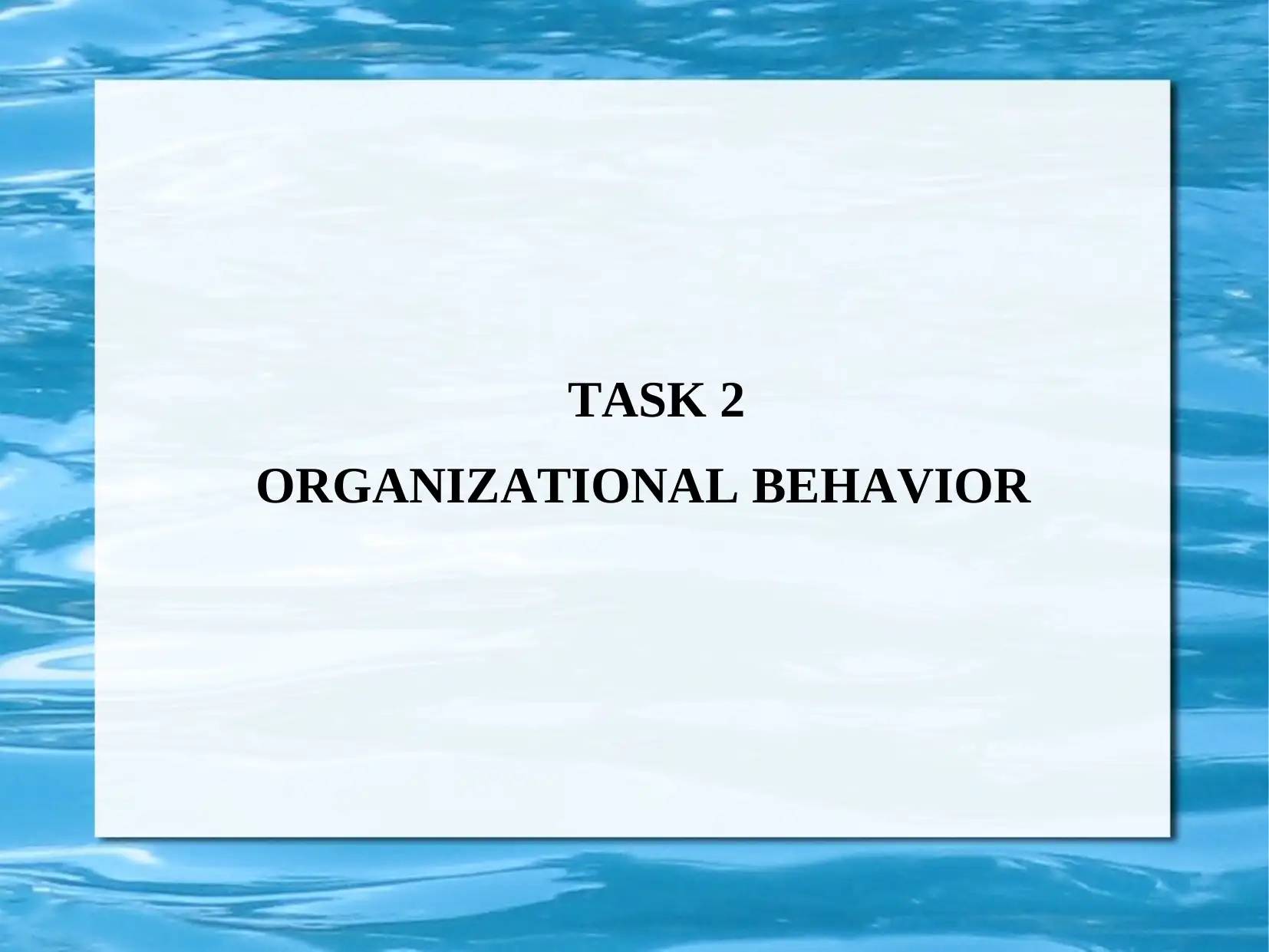
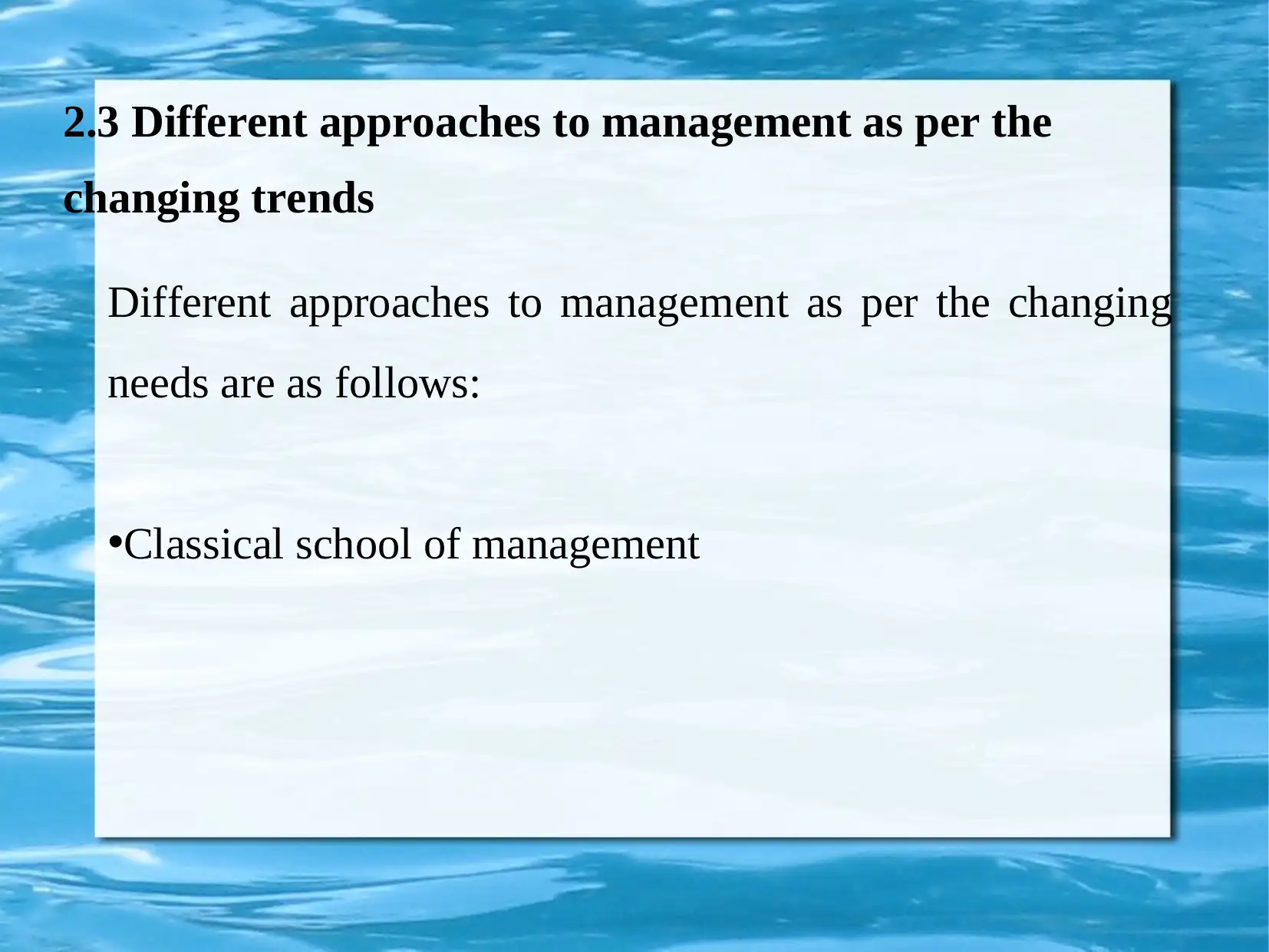
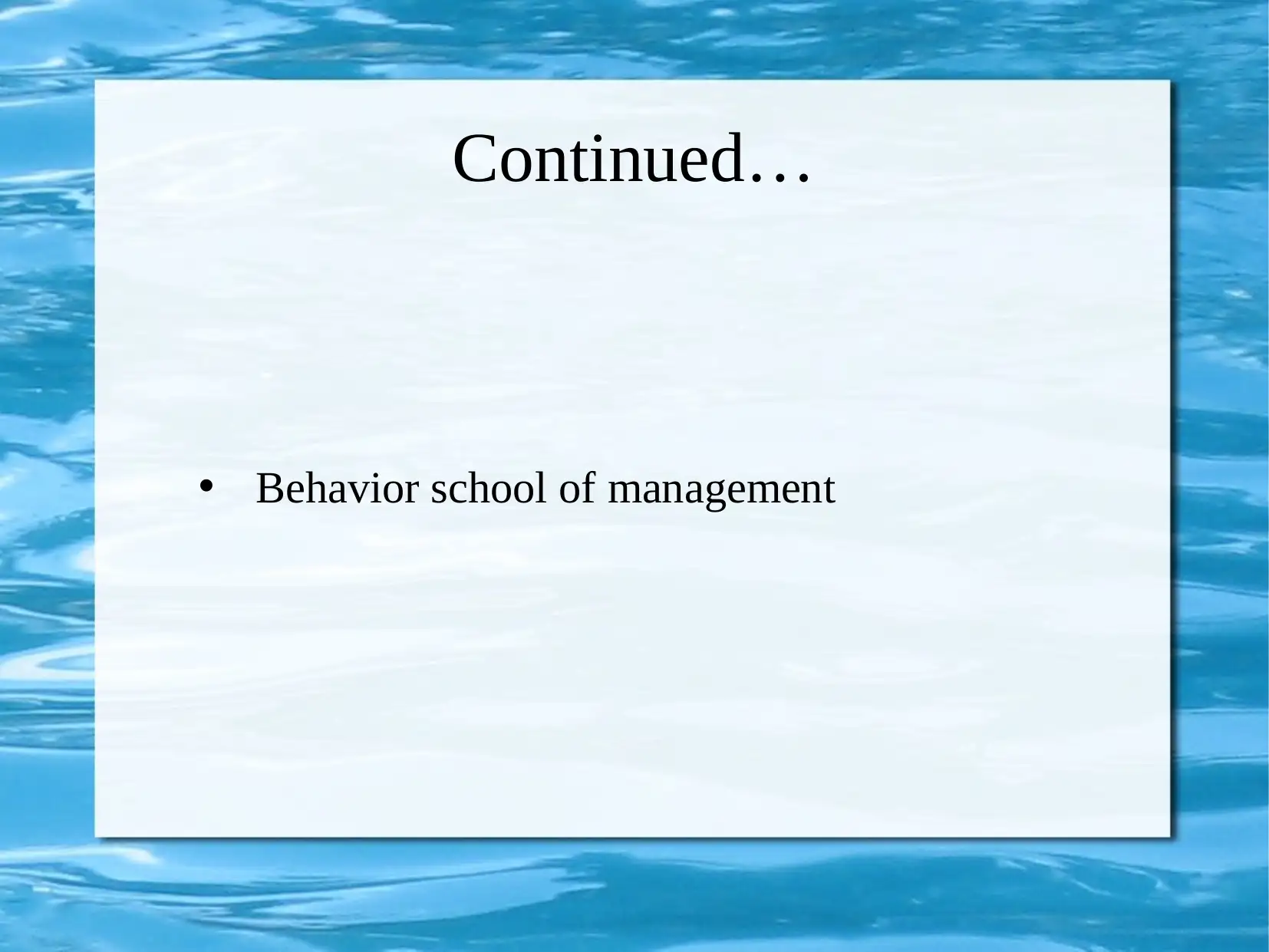

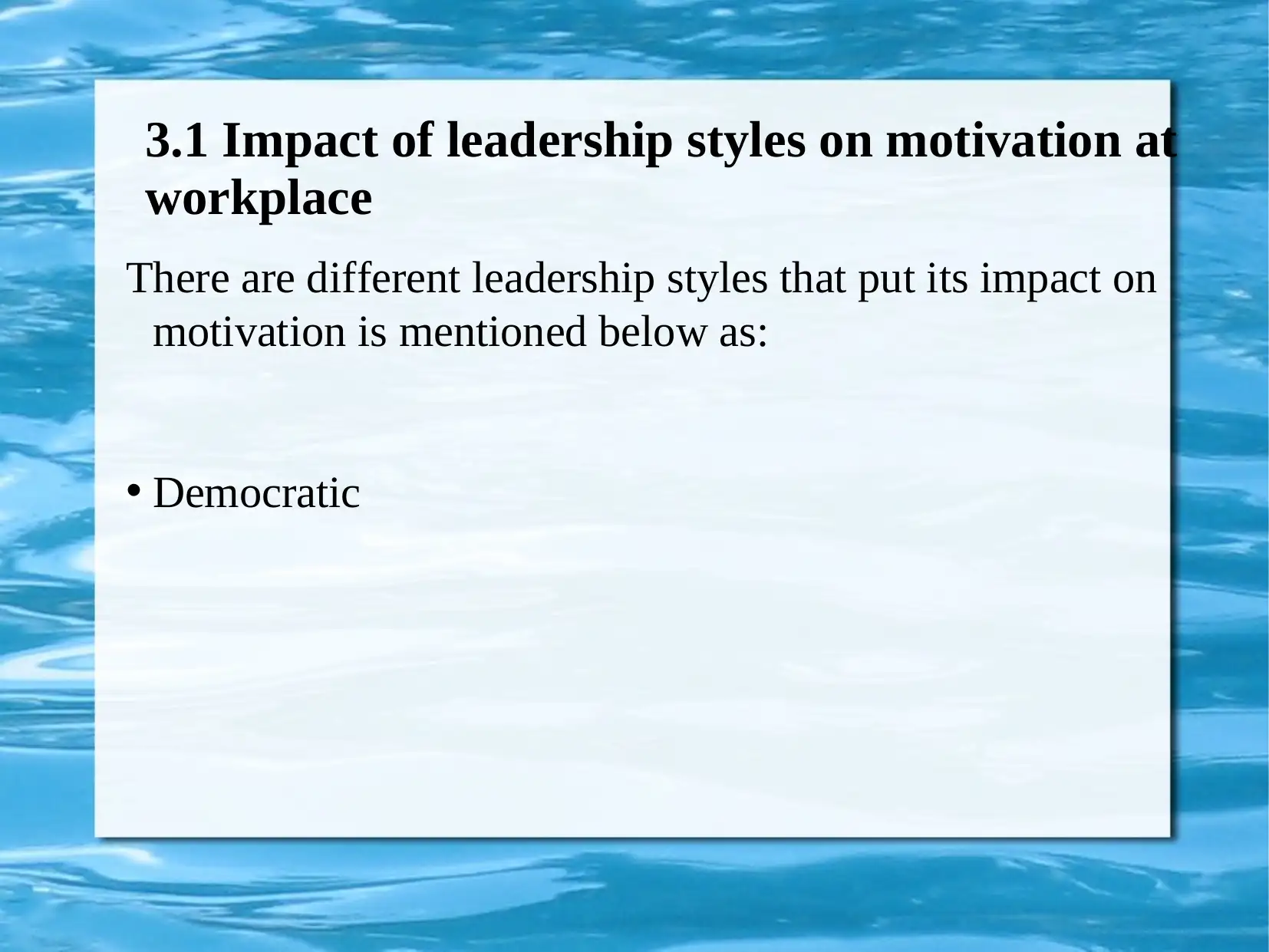
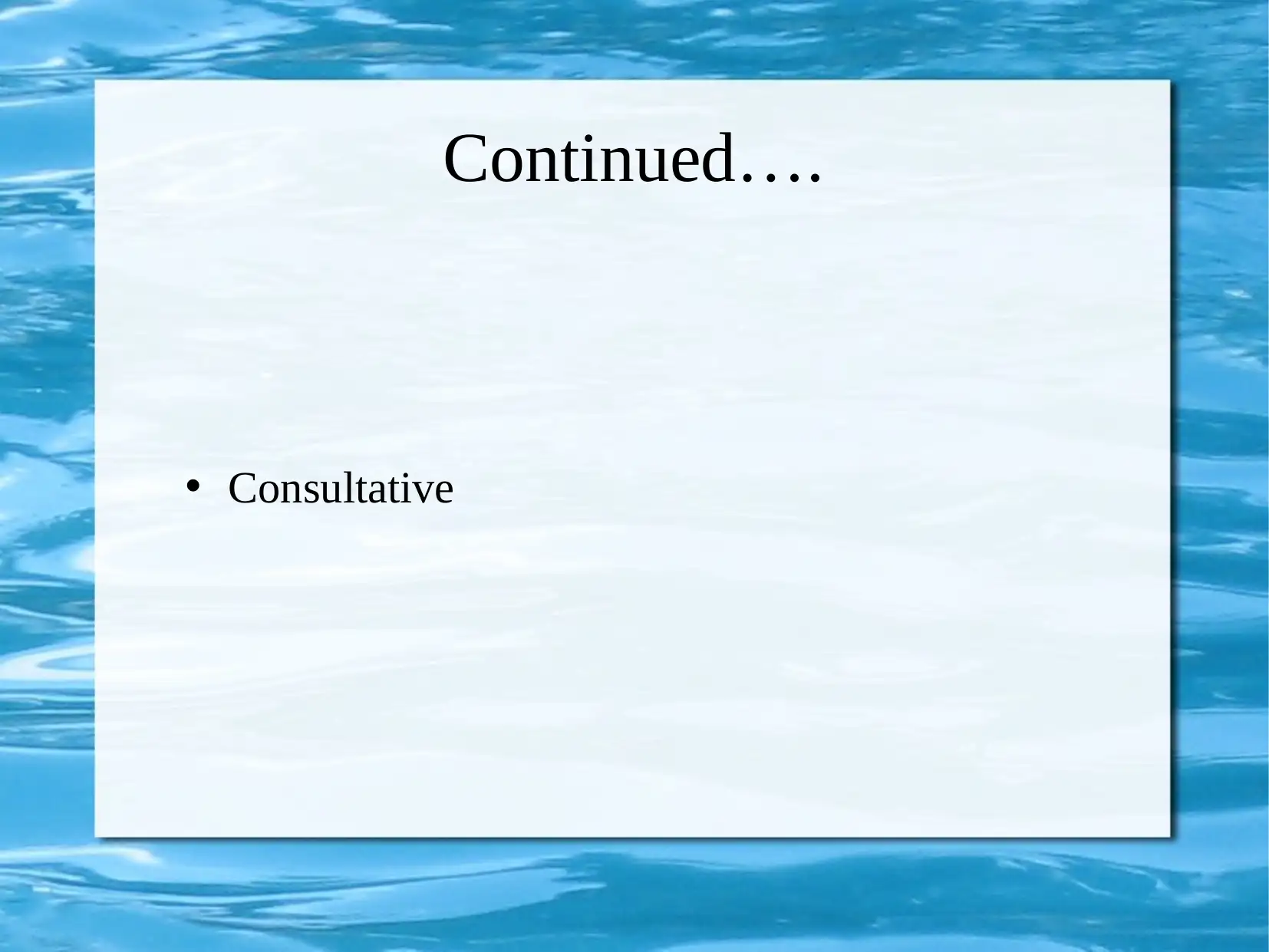
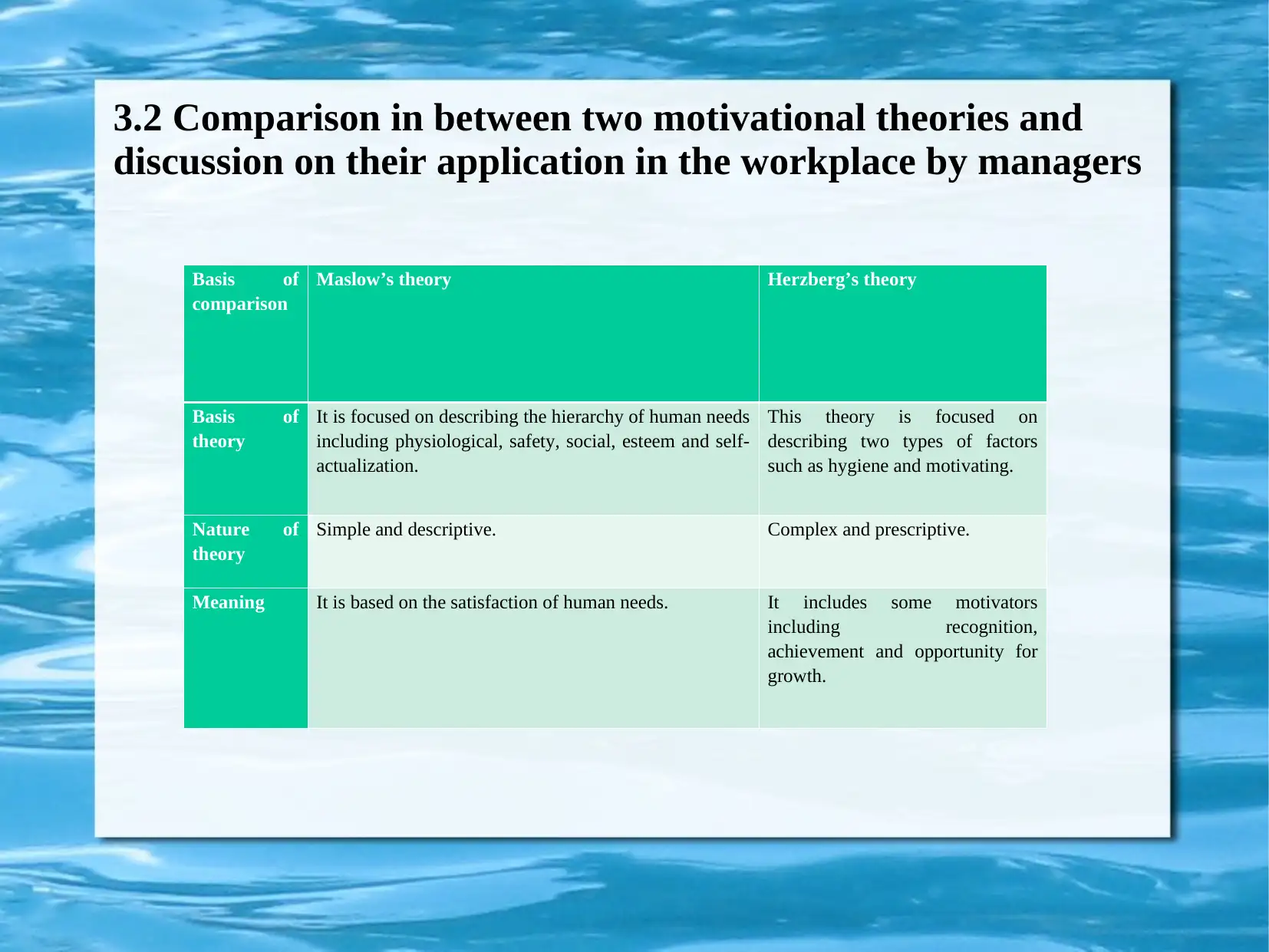
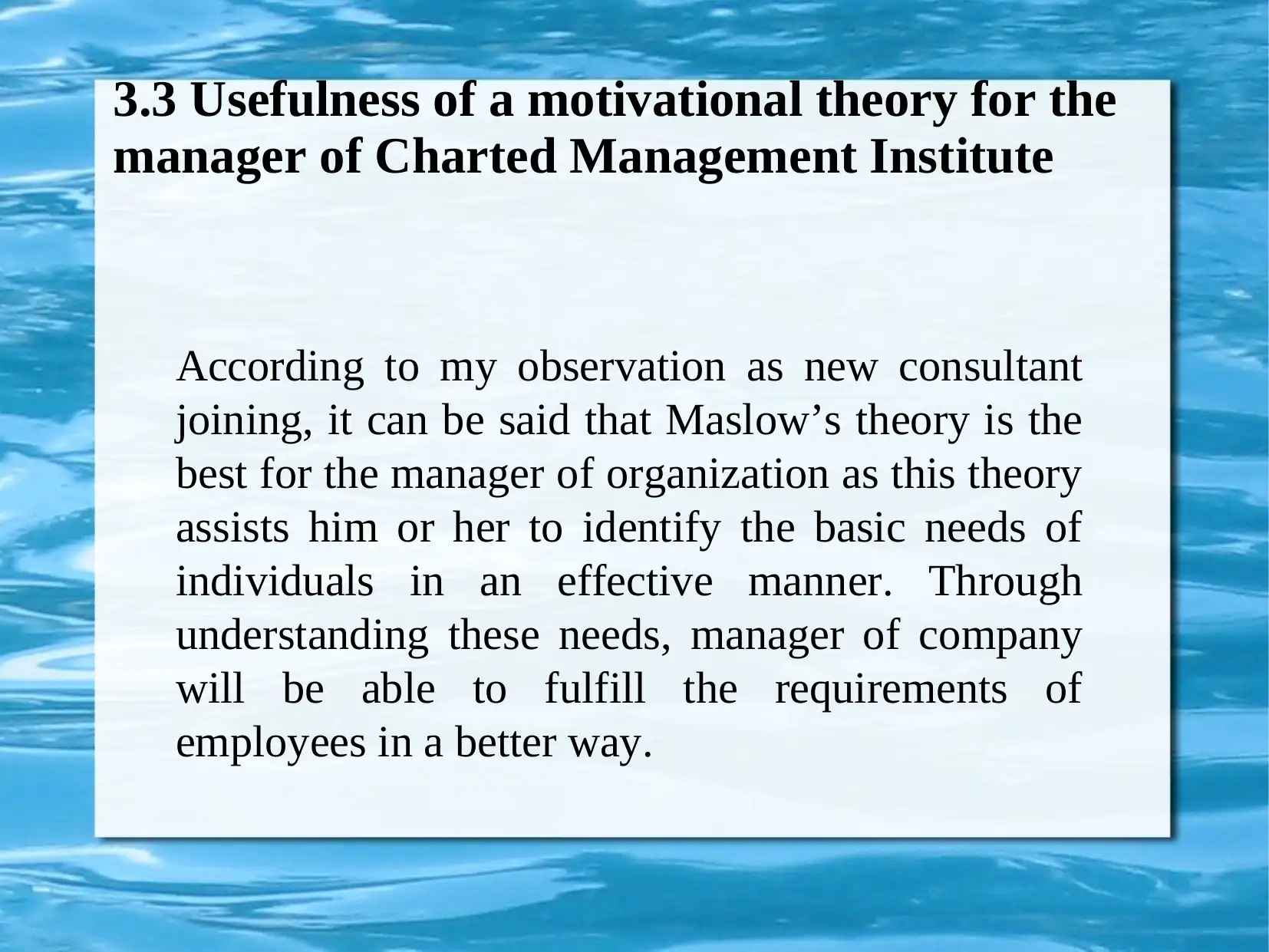
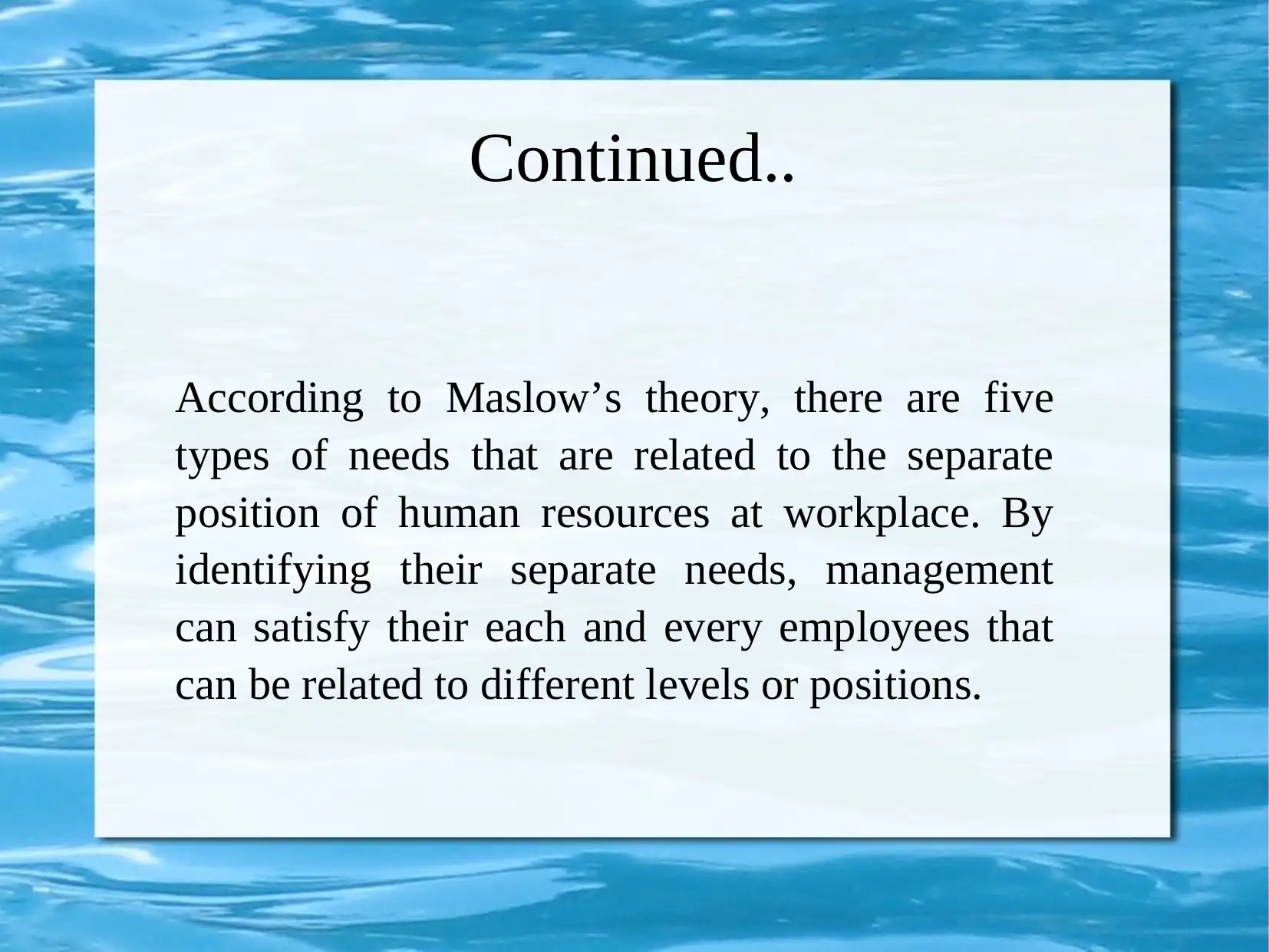
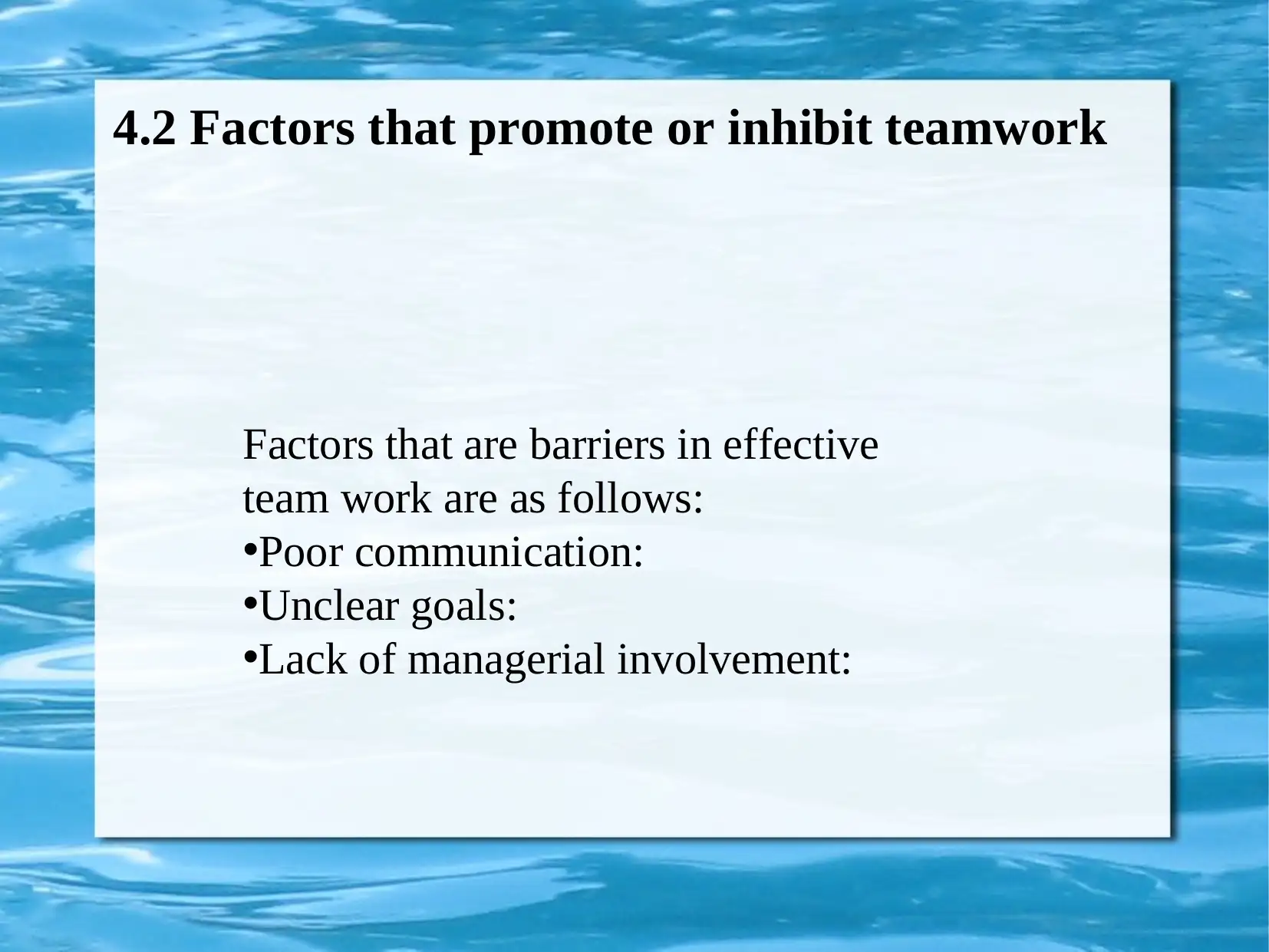
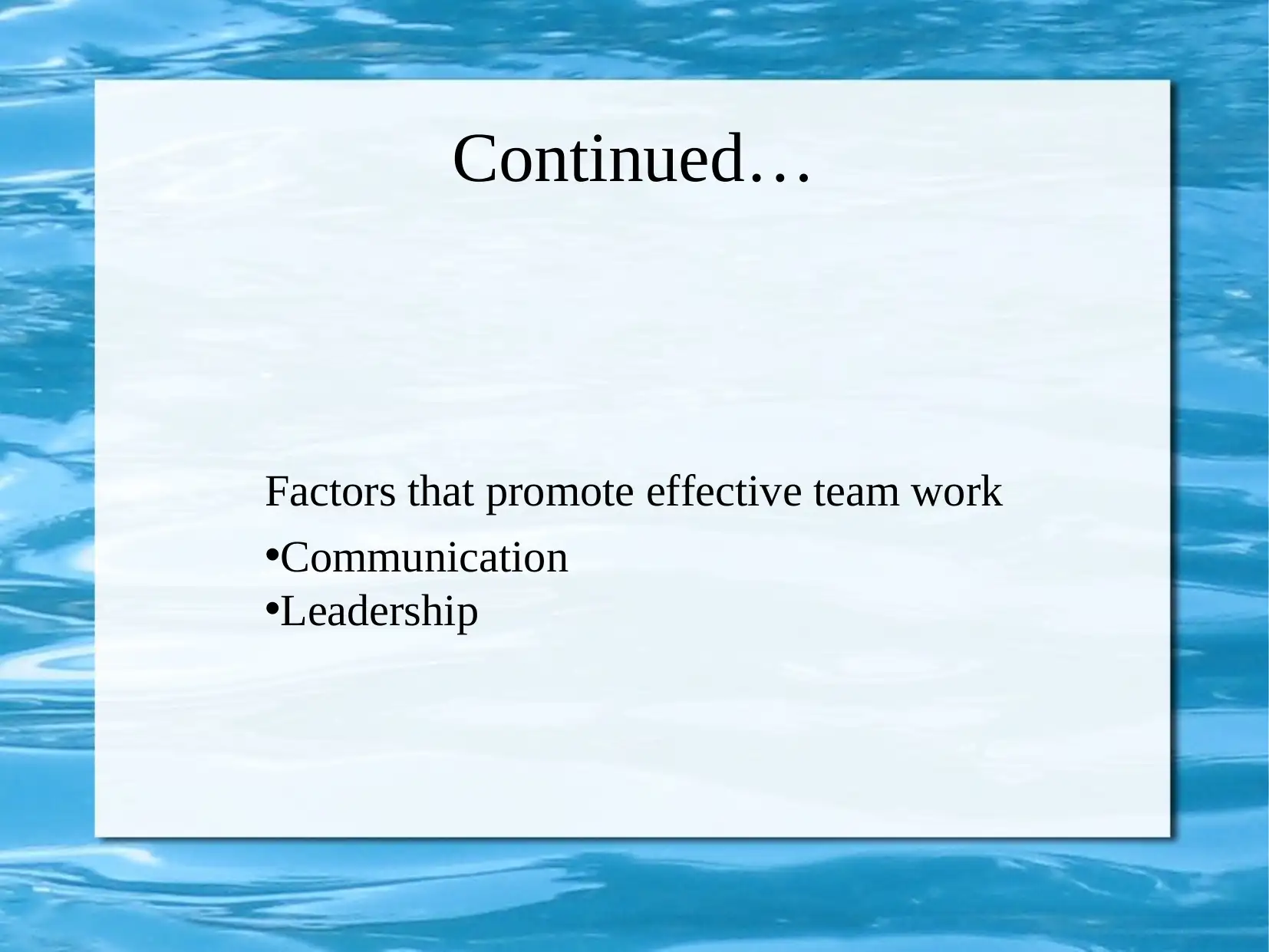
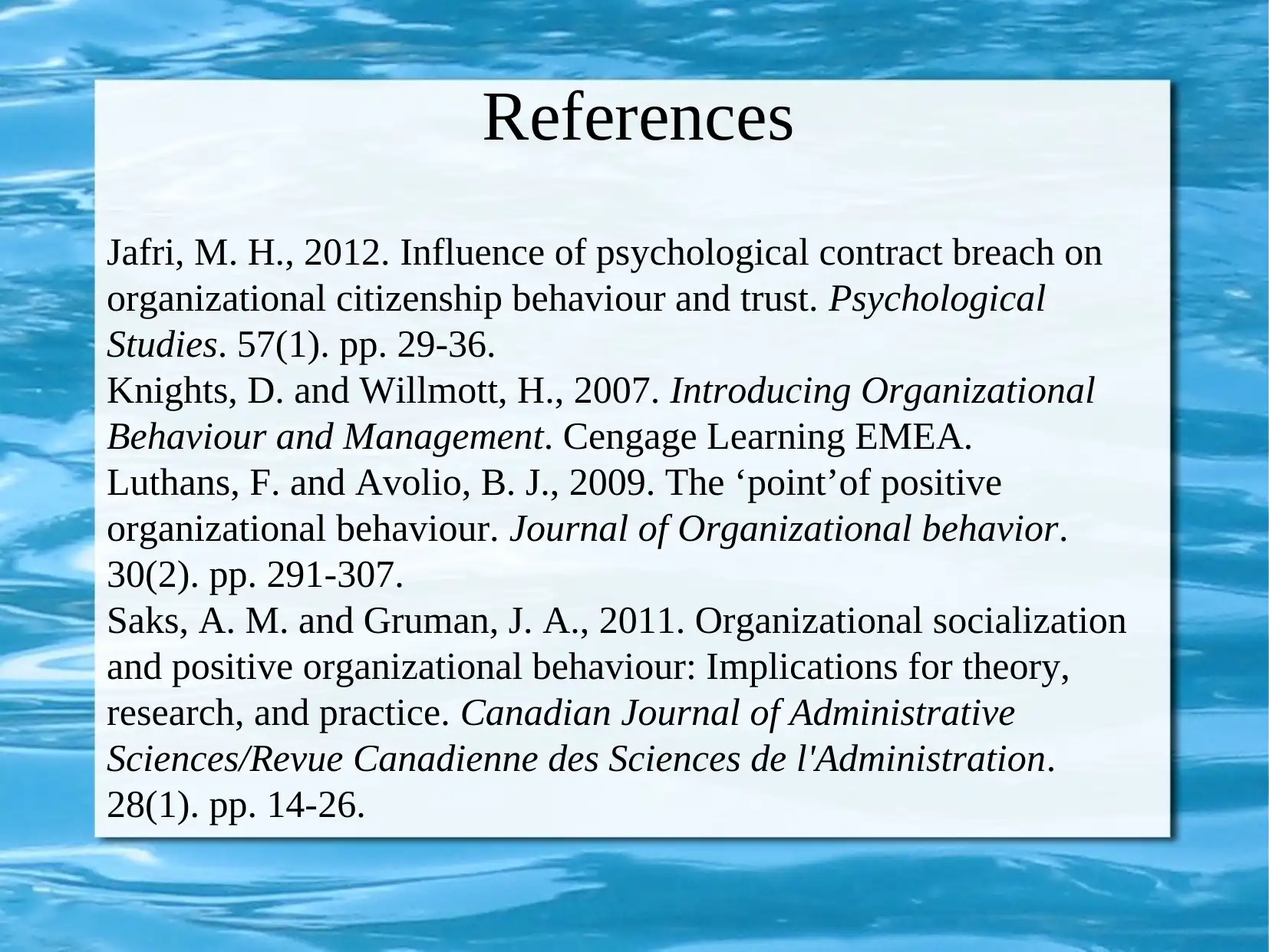
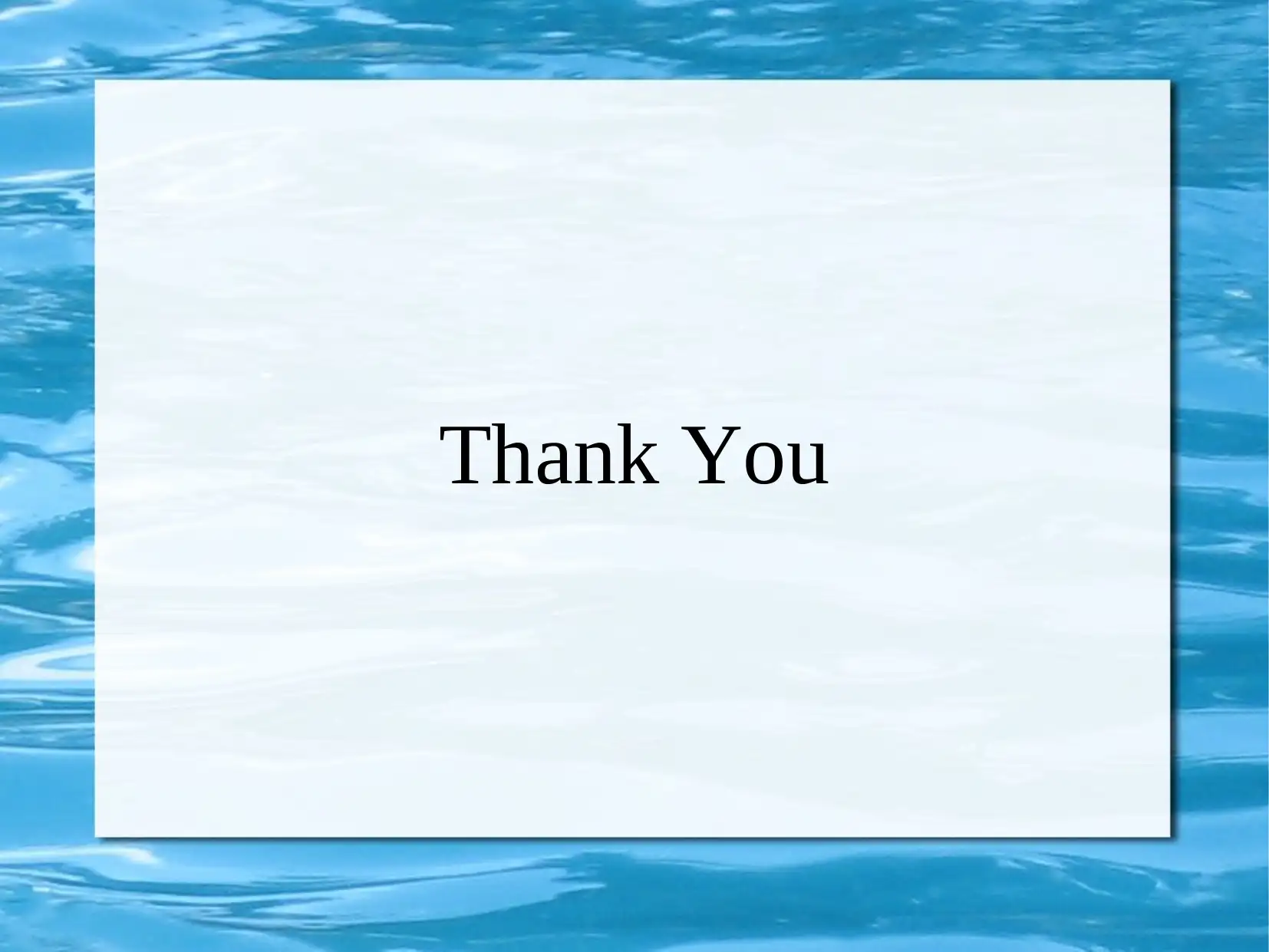






![[object Object]](/_next/static/media/star-bottom.7253800d.svg)